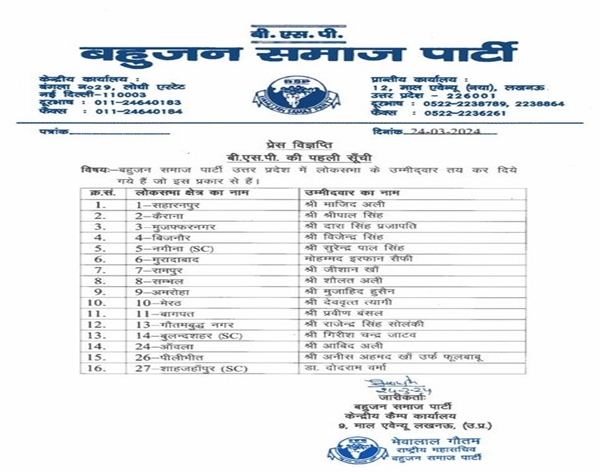This year significant legislative reforms were introduced or enacted to modernise India’s legal framework and align it with global standards. These reforms aim to catalyse various sectors, including shipbuilding, banking, railways, aviation, and others. The year 2024 witnessed the passage of bills that replaced century-old laws, such as the New Bharatiya Criminal Laws, the Vayuyan Vidheyak Bill replacing the Aircraft Act of 1934, and the Carriage of Goods by Sea Bill replacing the century-old Carriage of Goods by Sea Act of 1925.
The Bharatiya Nyaya Sanhita replaced the Indian Penal Code, which included outdated provisions such as the sedition law. The Bharatiya Sakshya Adhiniyam replaces the Indian Evidence Act and modernises evidence handling, including provisions for electronic evidence. The Bharatiya Nagarik Suraksha Sanhita replaces the Code of Criminal Procedure and introduces changes in police custody durations and procedures for handling suspects.
The Waqf (Amendment) Bill, 2024, and the Mussalman Wakf (Repeal) Bill, 2024, were introduced in the Lok Sabha with an aim to streamline the Waqf Board’s work and ensure the efficient management of Waqf properties. The Railway (Amendment) Bill 2024 was brought to improve operational efficiency and grant greater autonomy to railway zones. The Banking Laws (Amendment) Bill was brought to improve customer convenience and bolster investor protection. The Constitution (One Hundred and Twenty-Ninth) Amendment Bill and The Union Territories Laws (Amendment) Bill were introduced to give effect to the mechanism of simultaneous elections to the Lok Sabha and State Assemblies. Prime Minister Narendra Modi has always been on a mission to eliminate colonial-era laws and modernize India’s legal framework since his tenure as Gujarat Chief Minister. After becoming Prime Mgovernment 2014, the Government led by Mr. Modi has scrapped more than 1500 archaic laws, easing people’s lives.















